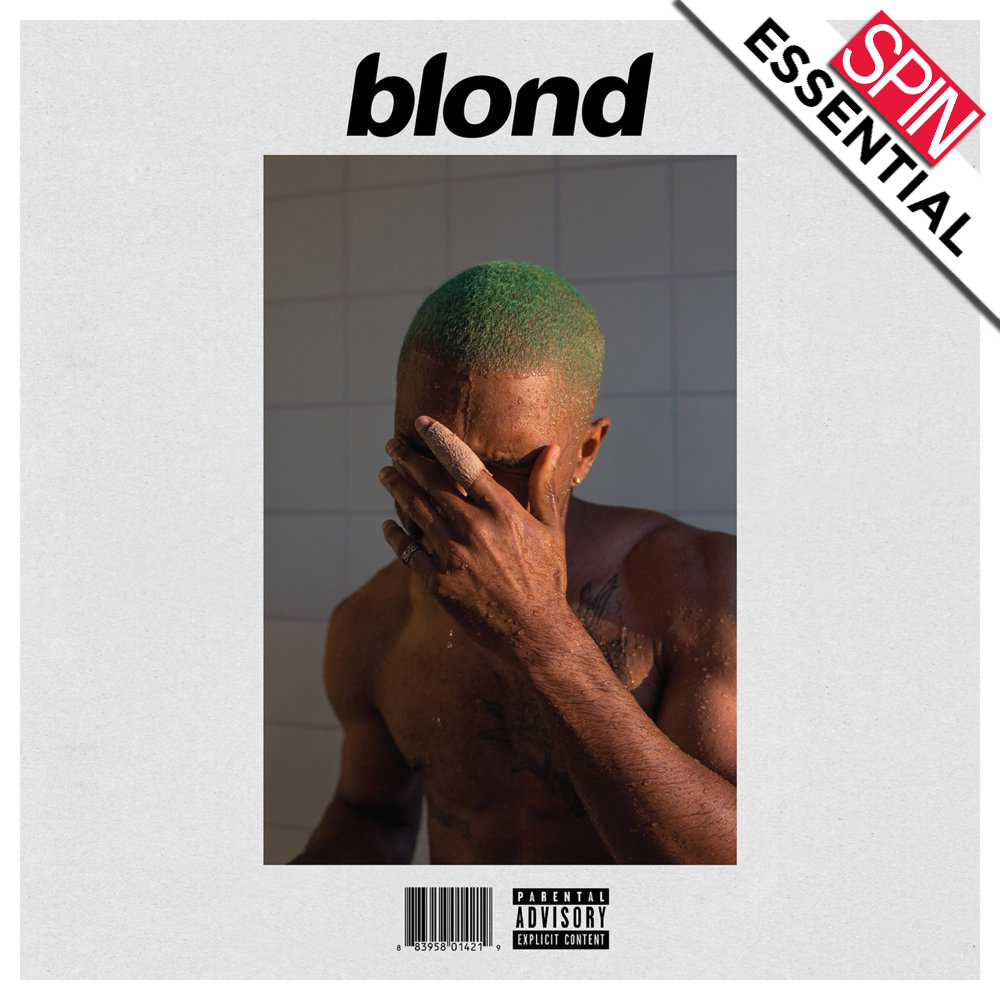Release Date: February 07, 2012
Label: Smalltown Supersound
“In Norway, there was no ‘disco sucks’ campaign,” Norwegian cosmic-disco producer Hans-Peter Lindstrøm told the Daily last year. If that’s the reason he makes the music he makes —
synth-driven grooves that feel communal and cosmic at the same time — then we can wager that there wasn’t much backlash against jazz-fusion or progressive rock, either. Guess that the Miami Vice soundtrack probably sold a few copies up there, too. But this all describes a significantly different sort of “disco” experience than Lindstrøm’s U.S. fans have encountered. For Americans old enough to remember disco’s mass-culture monopoly, the music’s connotations amounted largely to inherited cultural shame, followed by the gradual realization that the genre had been demonized far beyond reason.
No shame accompanies the shiny tunes and giddy chants winding through Six Cups of Rebel. It arrives at the crest of club music’s most recent, and thoroughgoing, disco revival, from the re-edit underground (Mark E, the Revenge) to a surge in large, live New York groups (Escort, Midnight Magic). It’s cult music now — exactly how it began in the early ’70s. In the dance sphere, this has led to a quiet but significant negation of the pop-culture truism that 1980 was the year disco flat-lined. Not anymore: Particularly in the past half-decade, young dance lifers have begun to apply the term “disco” to records that, in the U.S., had skipped that description by dint of calendar date — the slower, sparser, synthier mid-’80s tracks that historian Rickey Vincent dubbed “naked funk” in his essential book Funk. Plus, there are the current re-edits of unlikely tracks until every drop of dance-floor juice has been extracted, like New York remixer Prince Language’s reframing of Lindsey Buckingham’s 1981 single “Trouble” as “On the Double.” This is disco in the original sense: records that suit a DJ’s needs, regardless of their initial home genre.
One reason Lindstrøm has become a key artist is that his records seem like disco-by-default as often as they do disco-by-design — the synths are as much Laser Floyd as Moroder’s Munich Machine, and he’s not inclined to run a 4/4 kick under everything — there are long beat-less passages throughout his extensive catalog. That’s a big reason why he’s not considered “house.”
Six Cups of Rebel, Lindstrøm’s first album alone since 2008’s Where You Go I Go Too, has less of the played-live feel that marked II, Lindstrøm & Prins Thomas’s 2009 album, or their wonderfully beachy, guitar-led remix of the Chemical Brothers’ “Swoon” the following year. Yet Rebel, probably his most rock-like album, is fortuitously timed, since Skrillex’s dubstep-as-nu-metal has shown rocklike dance music to be very popular in 2012. Of course, Lindstrøm’s idea of “rock” also ends around the time house music began. His reference points are closer to those of Bon Iver or Destroyer.
“Epic” has been a watchword for Scandinavian electronic dance music from Röyksopp’s Night Out to Mungolian Jet Set. Lindstrøm is the most talented of them all at conjuring endless snow-and-sun vistas with a few intertwining, jabbering keyboard presets. What puts him over to non-initiates is that his riffs tend to be catchy, even on the slowly unfolding, 29-minute title track of Where You Go I Go Too. (Especially there, in fact.) Six Cups of Rebel divides its 53 minutes into seven parts instead of three. That helps situate the listener a bit more readily, but more importantly, he still places those riffs deeply in your cranium, even when they aren’t played on synths: for instance, the title cut’s tense, stop-start, jazz-rock guitar-bass line (soon undercut by a nasty 303) or the Skunk Baxter guitar solo at the top of “Quiet Place to Live.”
But on Six Cups it’s usually the vocal bits that stick most, and not just because they act as oases between long instrumental passages. The first four tracks segue together into a 27-minute suite. After the five-and-a-quarter-minute, no-drum synth build-up of “No Release,” the hurtling “De Javu” fixes on the words, “Can’t get no release” (of course!), with sprites chattering like a Northern European variation on P-Funk’s vocal cast of thousands. “Magik” moves through an ecstatic organ-synth duel before hitting on the phrase, “What kind of magic do you do?” It’s a call-and-response chant between half-giggling falsettos and a digi-distorted deep-macho voice. The latter functionally parodies a longstanding mainstream-house cliché, but here, it’s the type of thing people gathered in large spaces — preferably outdoors — can toss back and forth like a beach ball. You’d think this veteran DJ wants to headline festivals or something.
One song later, like a sad robot, Lindstrøm sings, “All I want is a quiet place to live.” Well, how about Norway? Actually, scratch that idea. That place is jumping.





